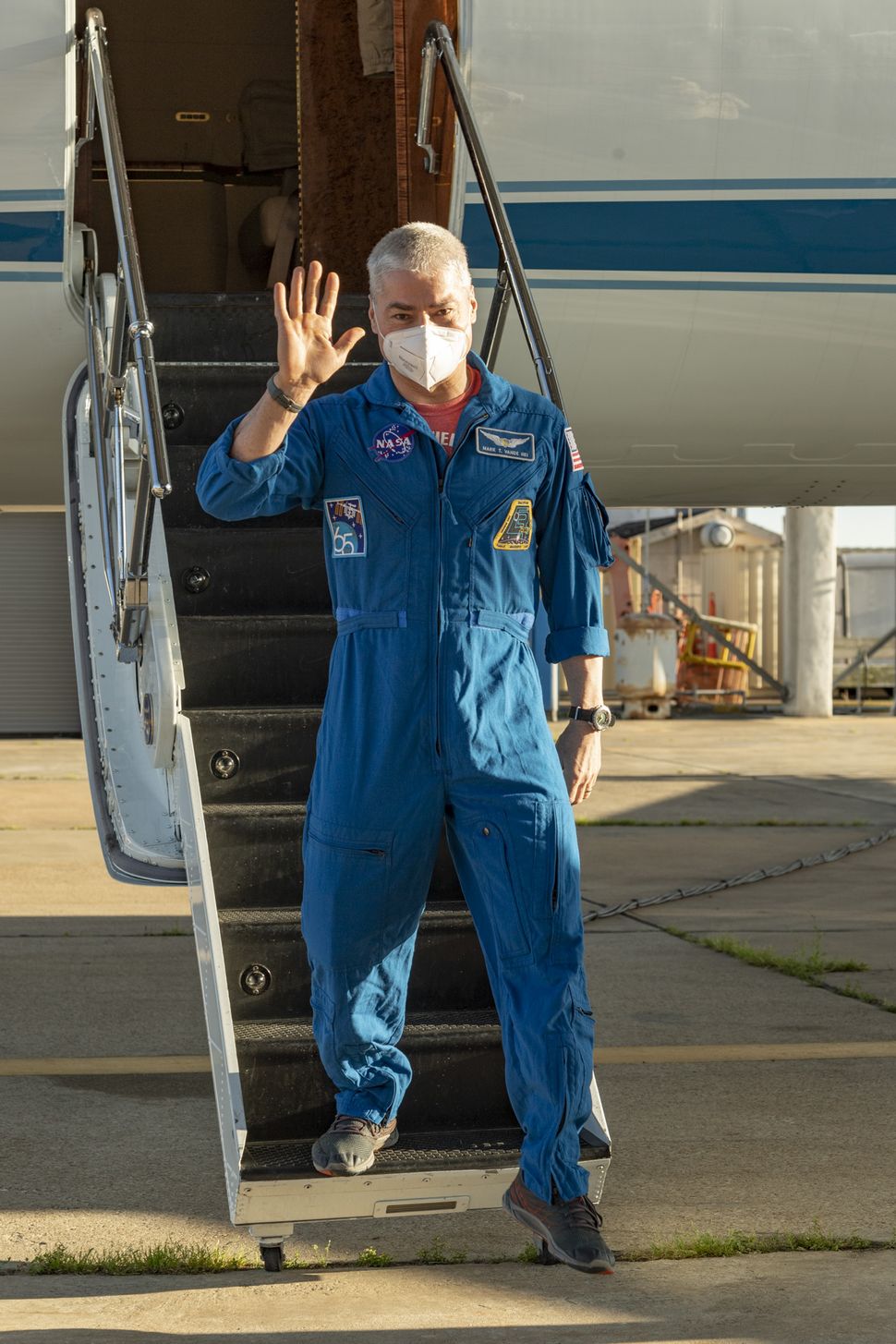It seems like such a daunting task, to stay away from your friends, family, and everyone else on our planet Earth. I don’t know about you, but if I had to stay isolated like that for even just weeks, I would not have a good time, to say the least. At least I would have the company of the other astronauts aboard with me. And just imagine how it would be to return to our planet. Gravity sure would bring me down to Earth. But this begs the question: how long have humans stayed in space? Of course, for missions or other things an astronaut would expect to stay for a while. But what are the limits currently?

Meet Mark Vande Hei. At least for America, he currently holds the longest spaceflight record at 355 days, which is nearly one full year. By staying in space for so long, it would allow NASA to see how humans adapt to longer exposure to space and its microgravity. The interesting thing is that Vande Hei was not originally planning on staying as long as he did. Even though his stay was extended past six months, he was still excited and passionate about spending more time aboard the International Space Station. Vande Hei actually landed yesterday (March 30) in Kazakhstan, alongside two other crewmates, Anton Shkaplerov and Pyotr Dubrov, which is very recent, to say the least. Since they were under effects of near zero gravity for so long, they will need to undergo recovery to ensure they adjust to Earth’s gravity as well.
While this is a feat for American astronauts, it is still truly not the record across the globe. Introducing Valeri Polyakov.

Born in 1942 in Russia, or the Soviet Union at the time, Polyakov holds the record for the longest single mission at 438 days – a whopping 83 extra days over Vande Hei. Before embarking on this record-breaking journey, he actually had a previous flight that lasted 241 days – definitely not something to sneeze at. Aboard the Mir space station, he would conduct medical experiments alongside his other duties. Then from January 8, 1994, to March 22, 1995, he would return to the Mir on his infamous stay. He then retired in 1995.
Just by looking at these numbers, its amazing what the human body and mind are capable of. The mental fortitude it takes alongside the physical strain might be too much for the average person to take, including me. As we get more and more accustomed to the trials of microgravity and space, it will be much easier to explore more of the great expanse of space.